Before starting a brand new Dungeons & Dragons campaign, it’s important to sit down and make sure everyone’s on the same page. Being certain that players know what they’re signing up for is imperative. And, it’s essential to make sure they understand what flavor of fantasy the campaign is going to use.
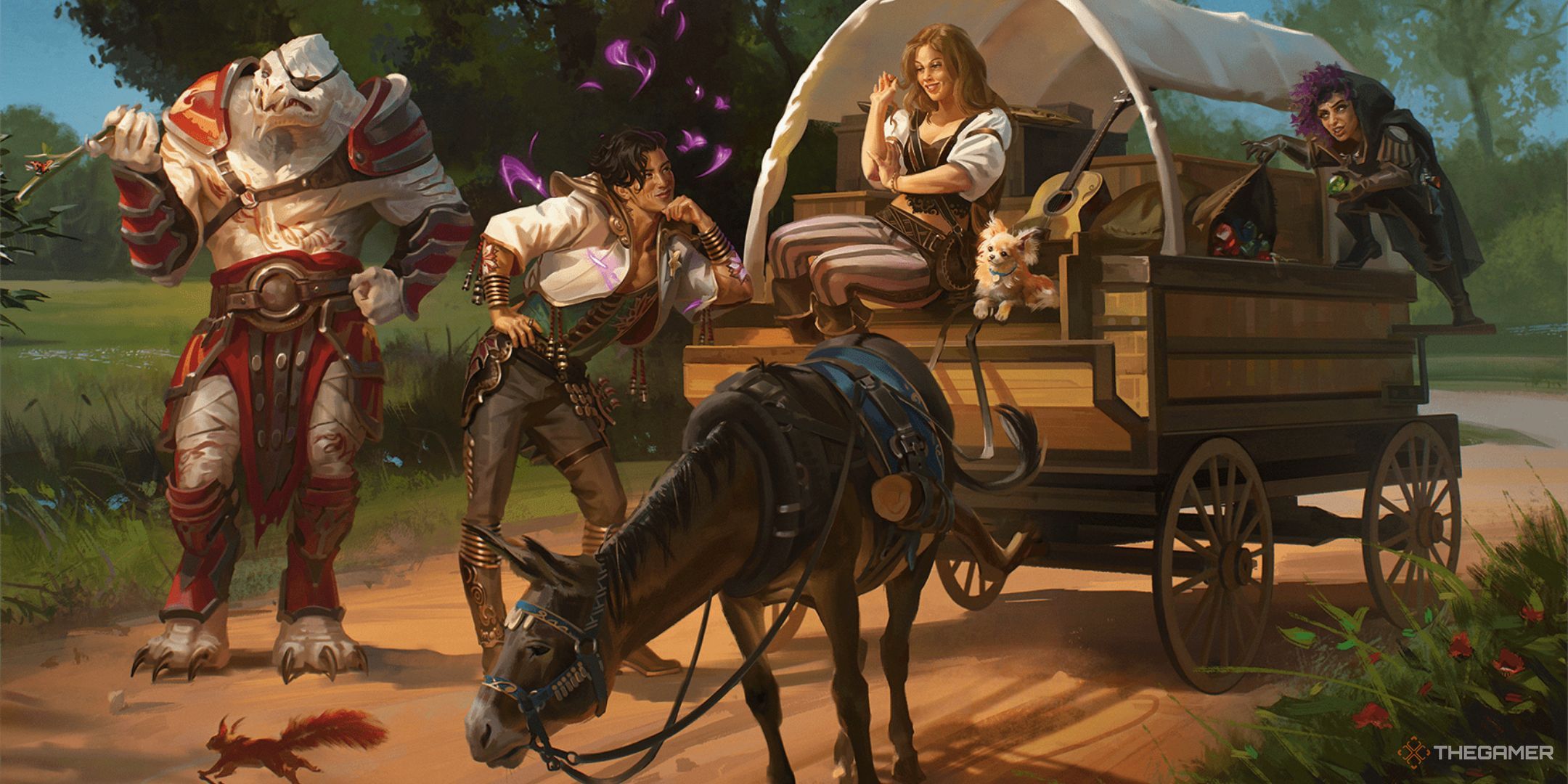
Related
Dungeons & Dragons: Which Playstyle In The 2024 DMG Are You?
There are many different playstyles in Dungeons & Dragons. Which one best describes your way of playing?
A campaign’s “flavor of fantasy” is the overall tone or atmosphere that separates one campaign from another. But, which one is right for your campaign? Here’s a list of flavors of fantasy, and some ideas as to which one might be right for your game.
10 Heroic Fantasy
For First Time Adventurers
Heroic Fantasy is the default brand of fantasy that most people are familiar with. Think of this flavor of fantasy as ‘D&D Classic.’ In a Heroic Fantasy campaign, players can expect to fight familiar monsters like dragons or beholders and delve deep into mysterious dungeons in search of loot.
This style of play is best suited for beginner players and DMs who are brand new to D&D and are looking for that traditional, classic experience. If you’re looking to run a campaign that draws inspiration from Lord of the Rings and other universally appealing fantasy stories, this is the flavor of fantasy for you. That said, with some additional bells and whistles added, even longtime players can return to Heroic Fantasy and get their kicks in as well.
9 Sword And Sorcery
Magic And Might And Mages, Oh My!
Sword and Sorcery style campaigns place a greater emphasis on magic-users as distrustful or villainous. In this flavor of fantasy, magic often represents corruption or a thirst for power. In addition, Sword and Sorcery encourages a more morally neutral style of play, allowing players to explore opulent and dense population centers at their will, and making decisions not based on virtue but on intrigue.
If you’re looking to run a campaign for more experienced players, Sword and Sorcery is a good option. It’s not too far off the beaten path but offers some more in-depth styles of play and freedom for improvisation. In addition, if your players are interested in playing more evil-aligned characters, Sword and Sorcery may prove the perfect solution.
8 Epic Fantasy
The Stakes Could NOT Be Higher
In Epic Fantasy, as opposed to Sword and Sorcery, players are expected to act on behalf of the morally good and virtuous. Epic Fantasy is dictated by apocalyptic evils and tyrants that threaten the natural order of the world. Climactic confrontations, dastardly villains with no moral ambiguity, and mystical creatures of old dominate campaigns flavored by Epic Fantasy.
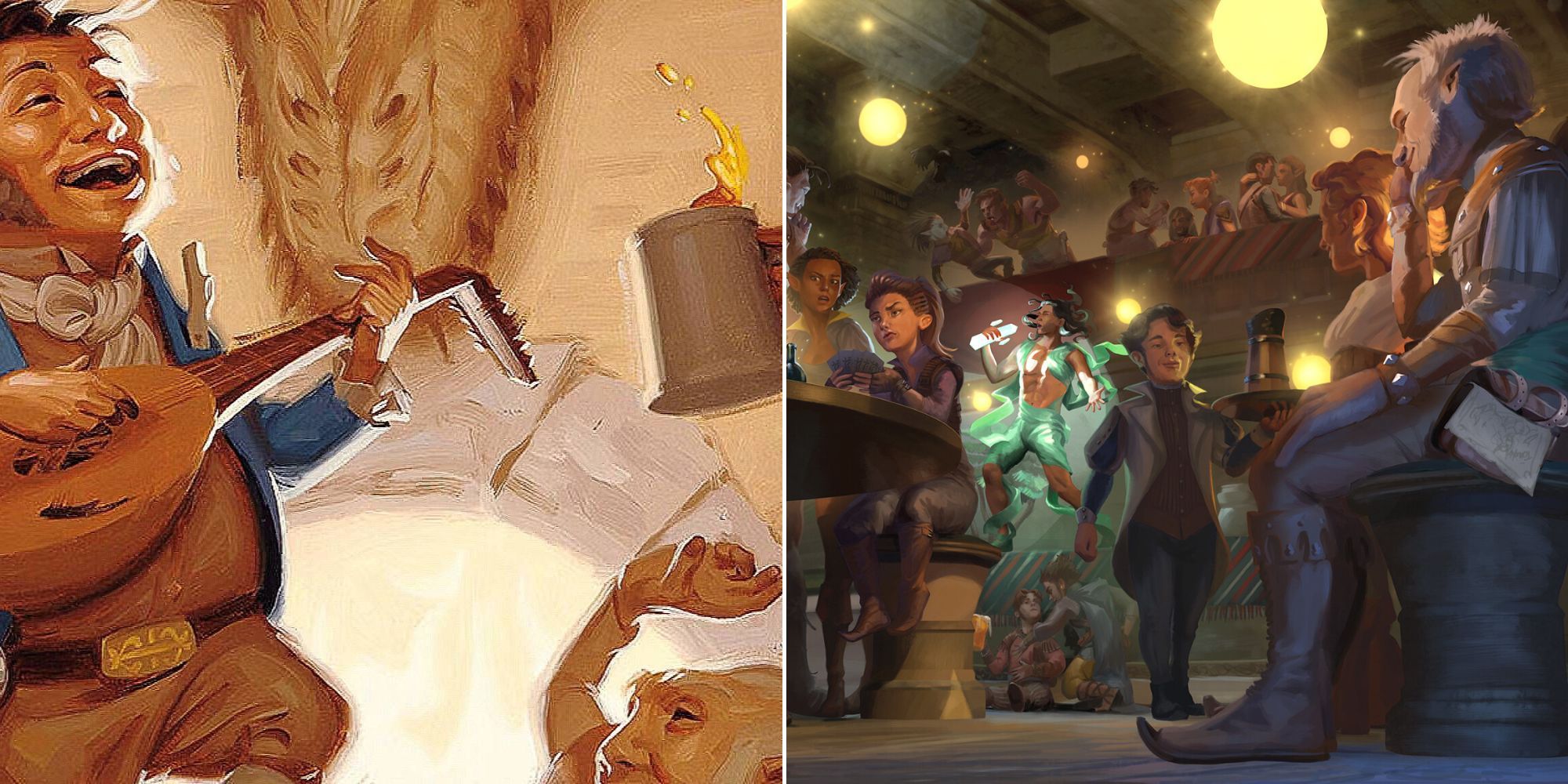
Related
Dungeons And Dragons: 8 Classic Taverns To Put In Your Campaign
Taverns don’t just have to be incidental features of your D&D campaign. Make sure they’re used to full effect with these ideas.
Epic Fantasy is an extremely good flavor of fantasy for players and DMs craving a high-level campaign. If your table is looking to escalate stakes to its highest degree, Epic Fantasy is a great way to do that. And, there’s nothing saying some moral ambiguity can’t slip in there, but Epic Fantasy is buy-and-large characterized by clear-cut tales of chivalry, honor, and heroism.
7 Mythic Fantasy
May The Gods Have Mercy
Similar to Epic Fantasy, Mythic Fantasy deals with extremely high-stakes situations but is differentiated by its reliance on divine intervention as a motif. Mythic Fantasy uses the divine realm of the Gods and pantheons abound to influence the adventuring party and the world’s antagonists alike. Players must rely on their divine rank and favor with the Gods for help.
If your adventuring party is heavily weighted toward characters with divine magic like clerics or paladins, a Mythic Fantasy flavor can prove to be a great boon. This will help tie in the players’ backstories and religious characterizations. Furthermore, getting a chance to characterize a divine pantheon can be extremely fun for a seasoned DM.
6 Supernatural Horror
Best If Played In The Dark
Emphasizing the creepy and the occult can be a great way to add additional flare to your campaign, and Supernatural Horror is often the perfect way to do that. Famous D&D Modules like Curse of Strahd rely on Supernatural Horror fantasy as a motif. Supernatural Horror campaigns are categorized mainly by the types of antagonists players come up against, such as vampires, strange magical contagions, or undead.
If your table is interested in traversing dark catacombs or even getting jump-scared now and then, Supernatural Horror is the perfect flavor of fantasy. However, it’s important to remember that establishing mood and tone is essential to running a Supernatural Horror campaign. If players are laughing too much or goofing off, you’ll never be able to properly establish the atmosphere necessary for a successful ghost story.
If you’re interested in running a Supernatural Horror campaign, it’s best to have a Session Zero with players to establish boundaries. How scared are people willing to be? Setting up expectations will save you trouble in the long run.
5 Intrigue
It’s Time To Talk Your Way Out
This flavor of fantasy is hallmarked by a variety of different factors. First, a greater emphasis on roleplay is required for an Intrigue-based campaign. Rather than have players solve conflicts through sheer force, a savvy sense of cunning, a keen eye for detail, and a love of espionage are essential for making an Intrigue Fantasy campaign run like clockwork.
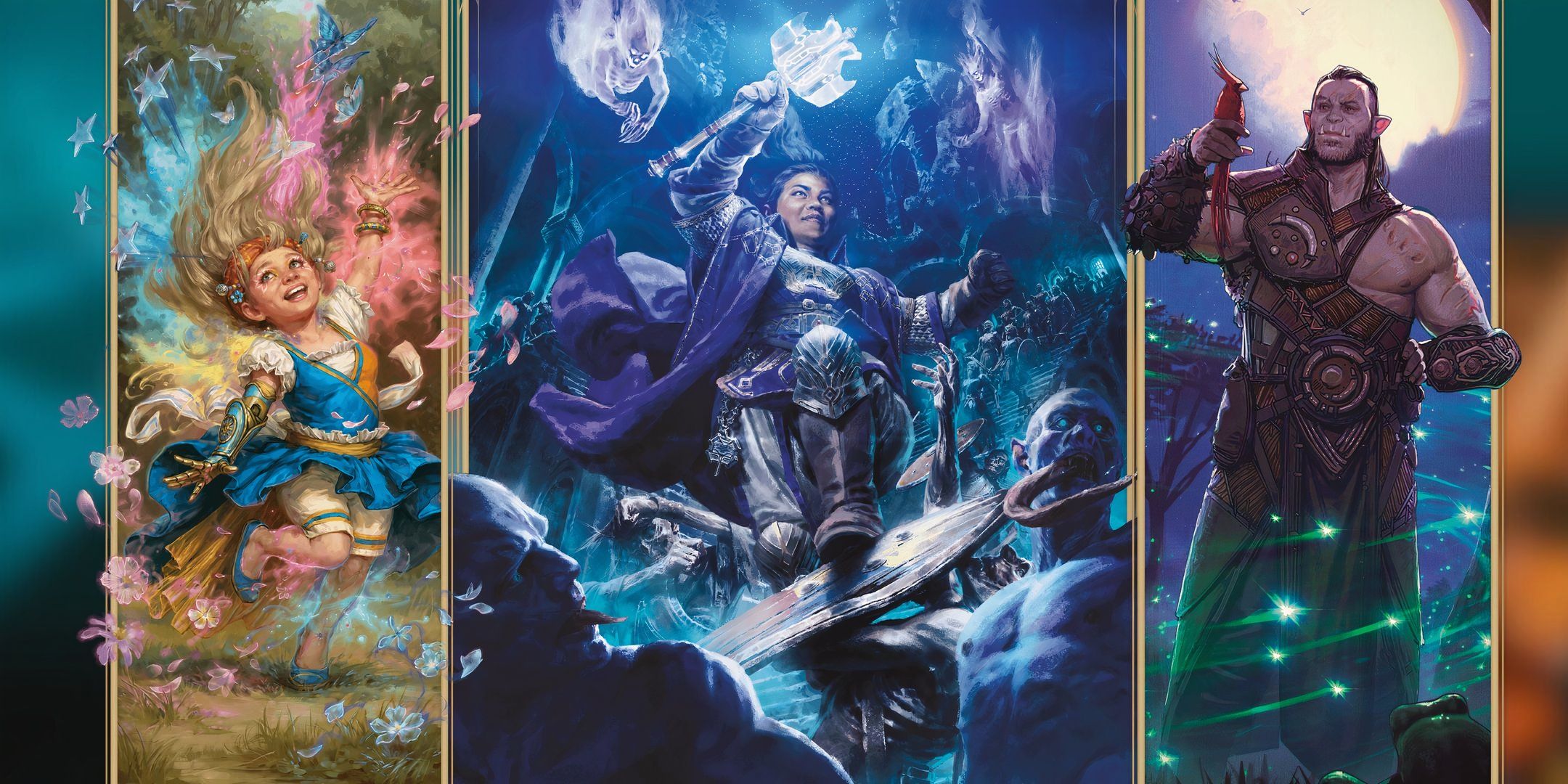
Related
D&D: Best Classes For Beginning Players, Ranked
Thanks to countless new media dedicated to Dungeons & Dragons, new players are joining in daily. Here are the best beginning classes.
This style of play is perfect for tables that don’t like to get bogged down by the rules of the D&D combat system. If players or DMs prefer roleplay scenarios and palace intrigue, then this is the flavor of fantasy for your adventuring party. Crafting a dastardly and wily antagonist is also a great idea when it comes to fleshing out an Intrigue-based fantasy campaign.
4 Mystery
Oh, And One More Thing…
If you’ve always wanted to step into the role of Sherlock Holmes or Columbo, a Mystery-Themed campaign is a great option for veteran tables. Characterized by a central plot hook and mystery left unsolved, players must take on the mantle of investigating detectives in either a murder, criminal underbelly, or political plot. Mystery-based campaigns are steeped in puzzle-solving and riddles and also emphasize roleplay and insight over combat encounters.
Like Supernatural Horror, there are many great Mystery Modules for veteran and new DMs to try their hand at, such as Candlekeep Mysteries. However, crafting your own mystery from start to finish can be a great challenge for a DM! It’s important to note that, when plotting a mystery campaign, you should include plenty of red herrings to throw players off the scent.
3 Swashbuckling
Not Just For Pirates Anymore
Similar to a Sword and Sorcery-based campaign, Swashbuckling Fantasy invites players to embrace their inner pirate, musketeer, or rogue in a fast-paced adventure across rough seas and royal courts. Treasure and loot should be the party’s or the antagonists’ main focus in a Swashbuckling campaign. Seafaring vessels of all kinds and travel are also hallmarks of this genre.
Perfect for morally gray parties, Swashbuckling Fantasy offers a broad range for all types of players. Combat and roleplay both take center stage. Additionally, DMs will find a great challenge in incorporating ship battles and other unique combat encounters perfectly tailored for this flavor of fantasy.
2 War
What Is It Good For?
Though it sets a heavy tone, War-themed fantasy can be a captivating hook for an adventuring party. Distinguished by grand political conflict, War Fantasy puts players on the front lines of combat. Exploring themes of loss and grief, War Fantasy can be great for veteran players looking for gritty tone in their games.
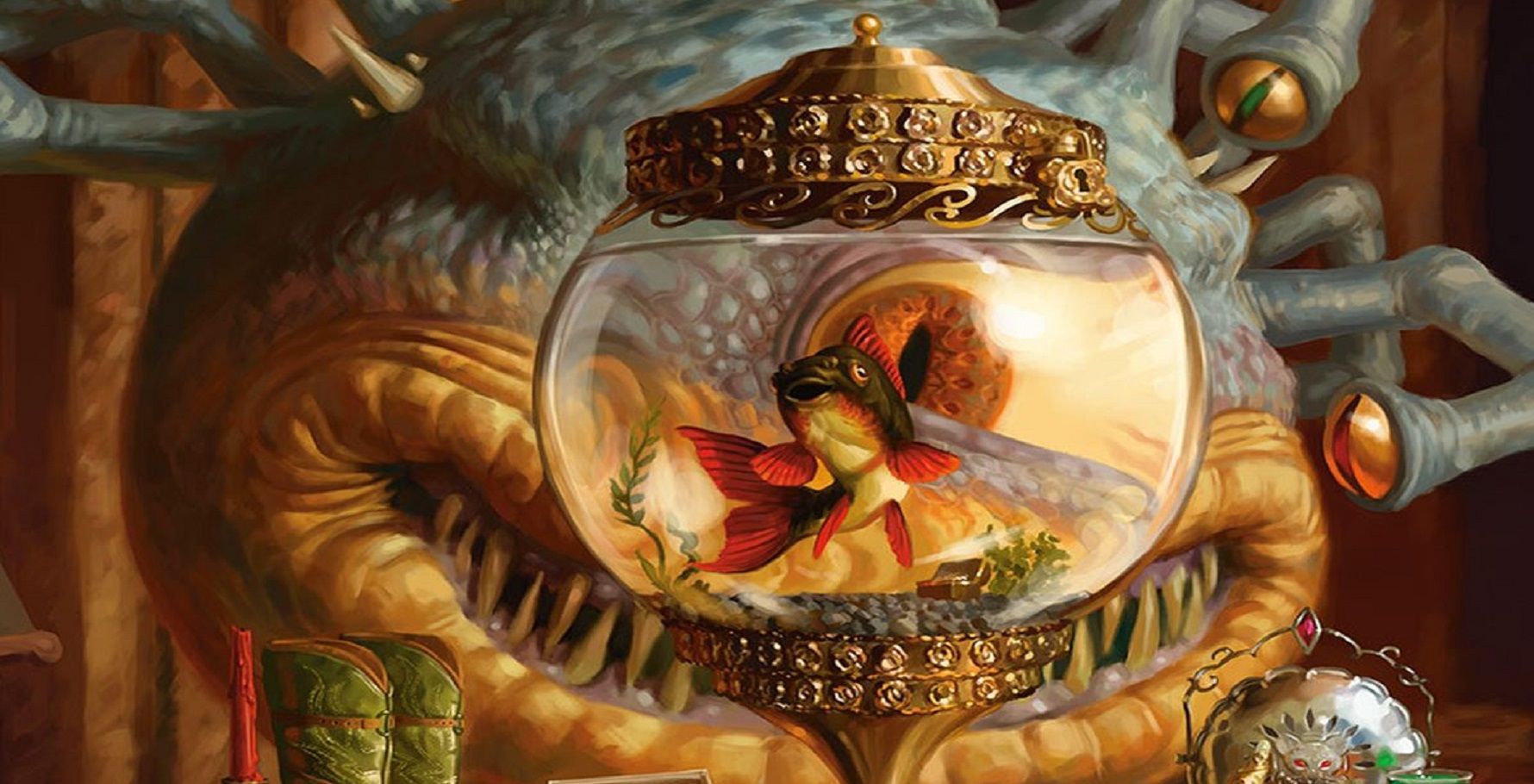
Related
Dungeons and Dragons: The Most Quirky Magical Items From Xanathar’s Guide to Everything
Dungeons and Dragons has always offered players a range of odd magical items, and Xanathar’s Guide to Everything has dialled that up another notch.
Combat is first and foremost in war. That’s why it’s important in war-themed campaigns to use safety tools and lay out the overall tone of the adventure in a session zero. Having these conversations early will be a boon for your party later on.
1 Crossing The Streams
We’re Through The Looking Glass Here, People
For the H.G. Wells fan in us all, Crossing the Streams Fantasy invites science fiction into the fold. Players can travel through space in steampunk spacecraft or even travel through time. Alien-like antagonists also set this flavor of fantasy apart from the rest.
For players and DMs who have seen it all, Crossing the Streams is an ideal flavor of fantasy. Anything can happen under the umbrella of sci-fi. Explore whether or not you want players to be accustomed to this science-fiction motif, or if they’ve traveled through a total to a strange, otherworldly place to help add that extra bit of spice to your campaign.
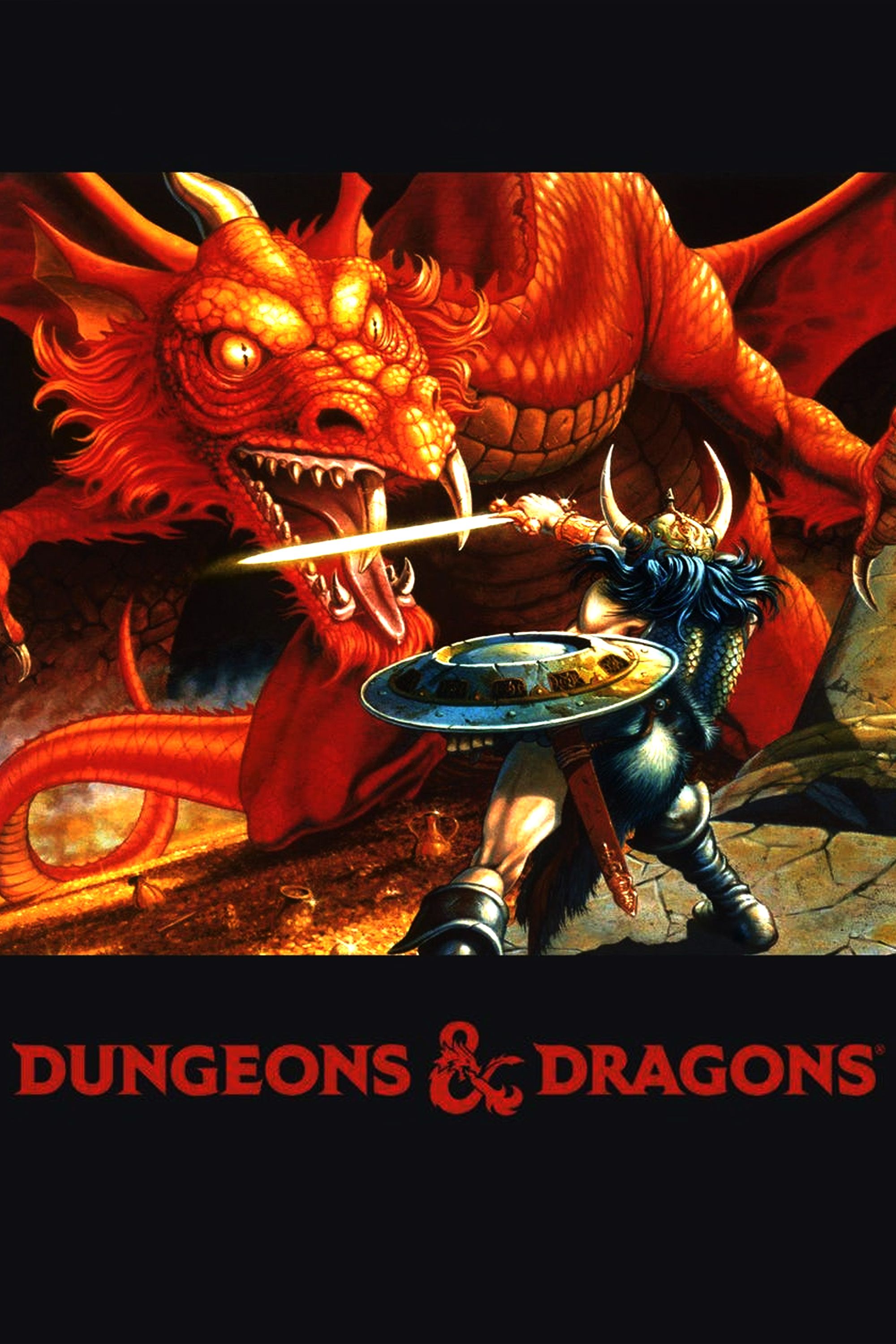
Dungeons and Dragons
- Original Release Date
- 1974-00-00
- Designer
- E. Gary Gygax , Dave Arneson
- Player Count
- 2+
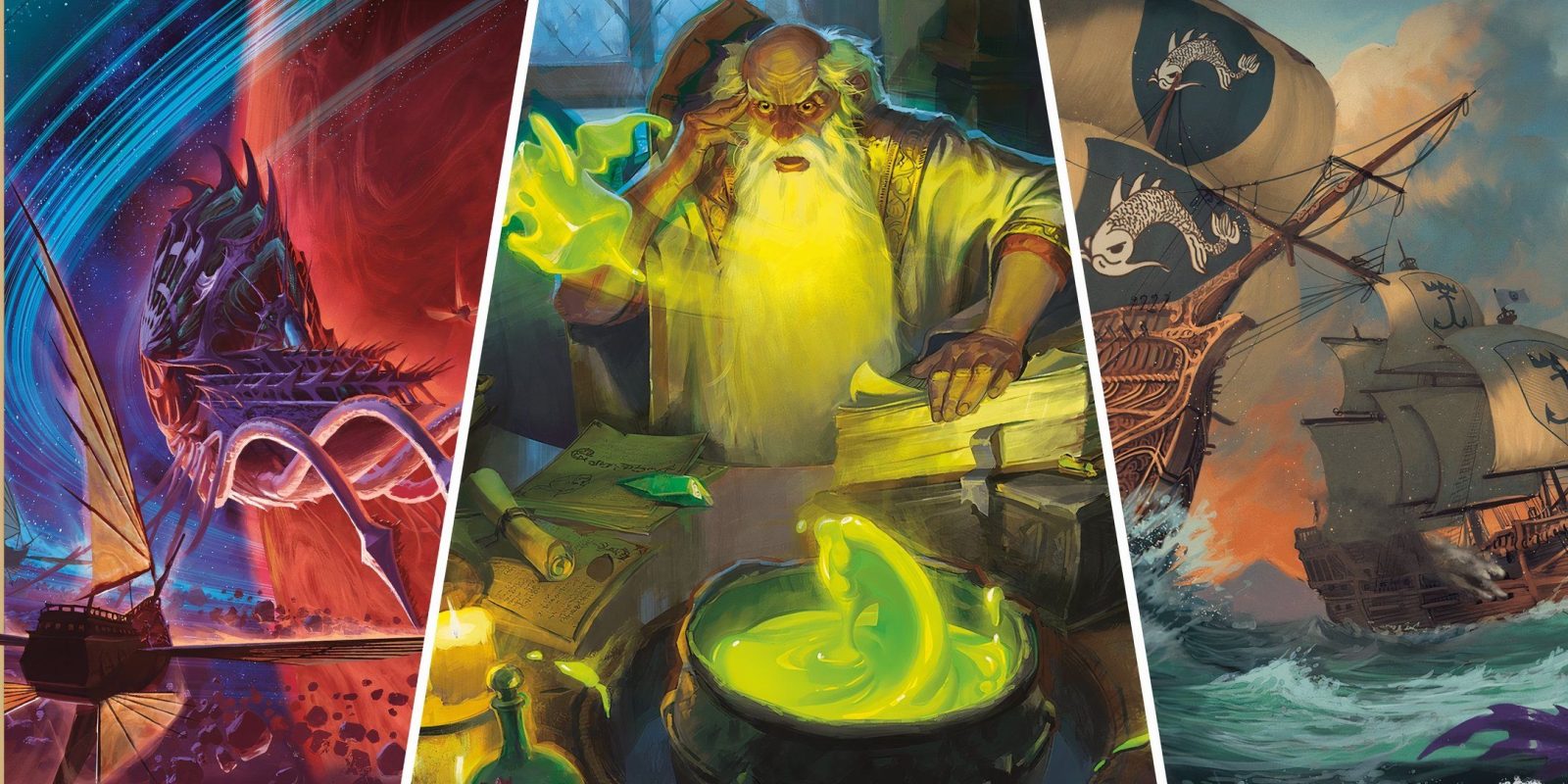
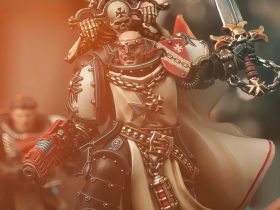
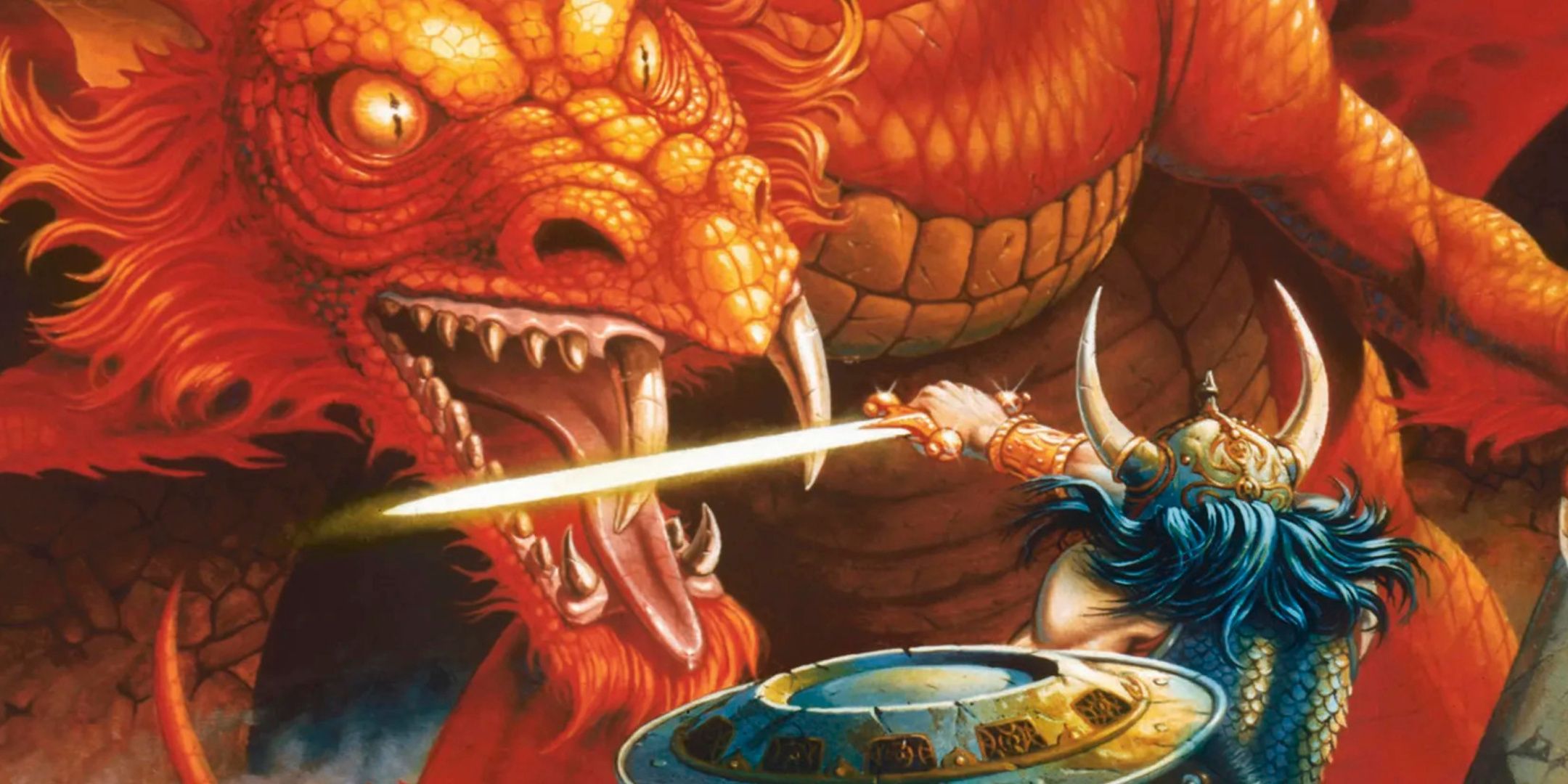
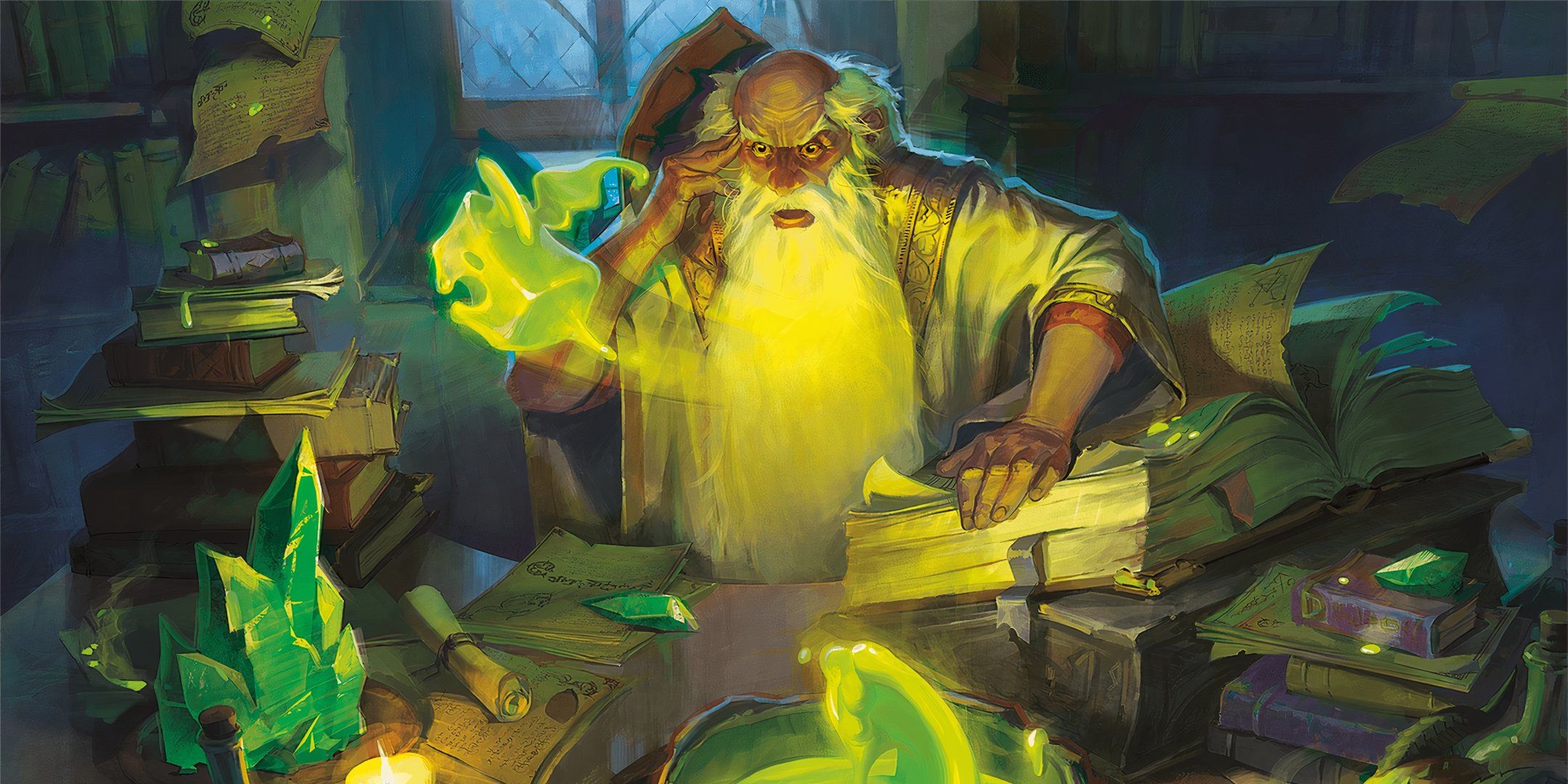
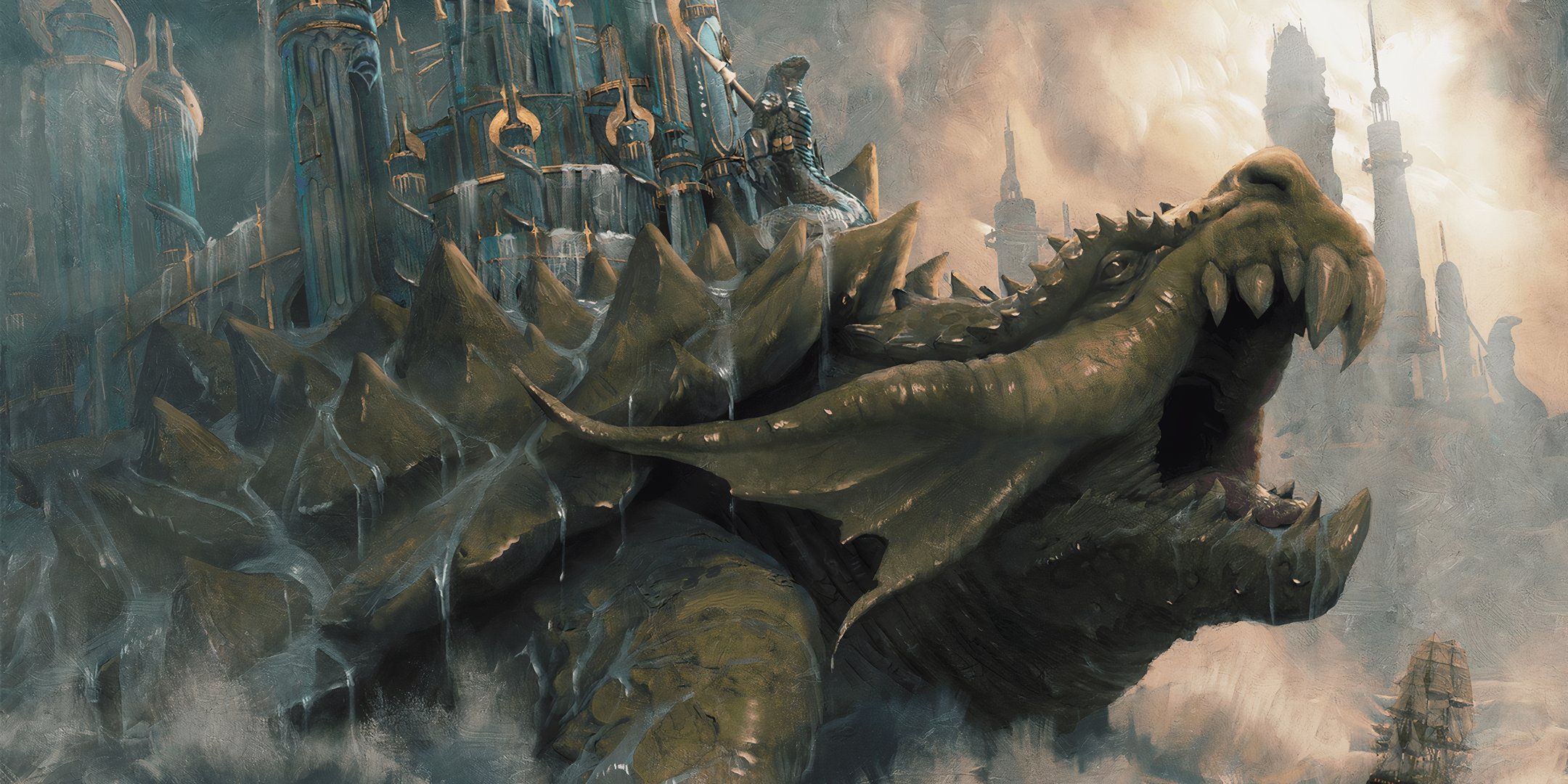
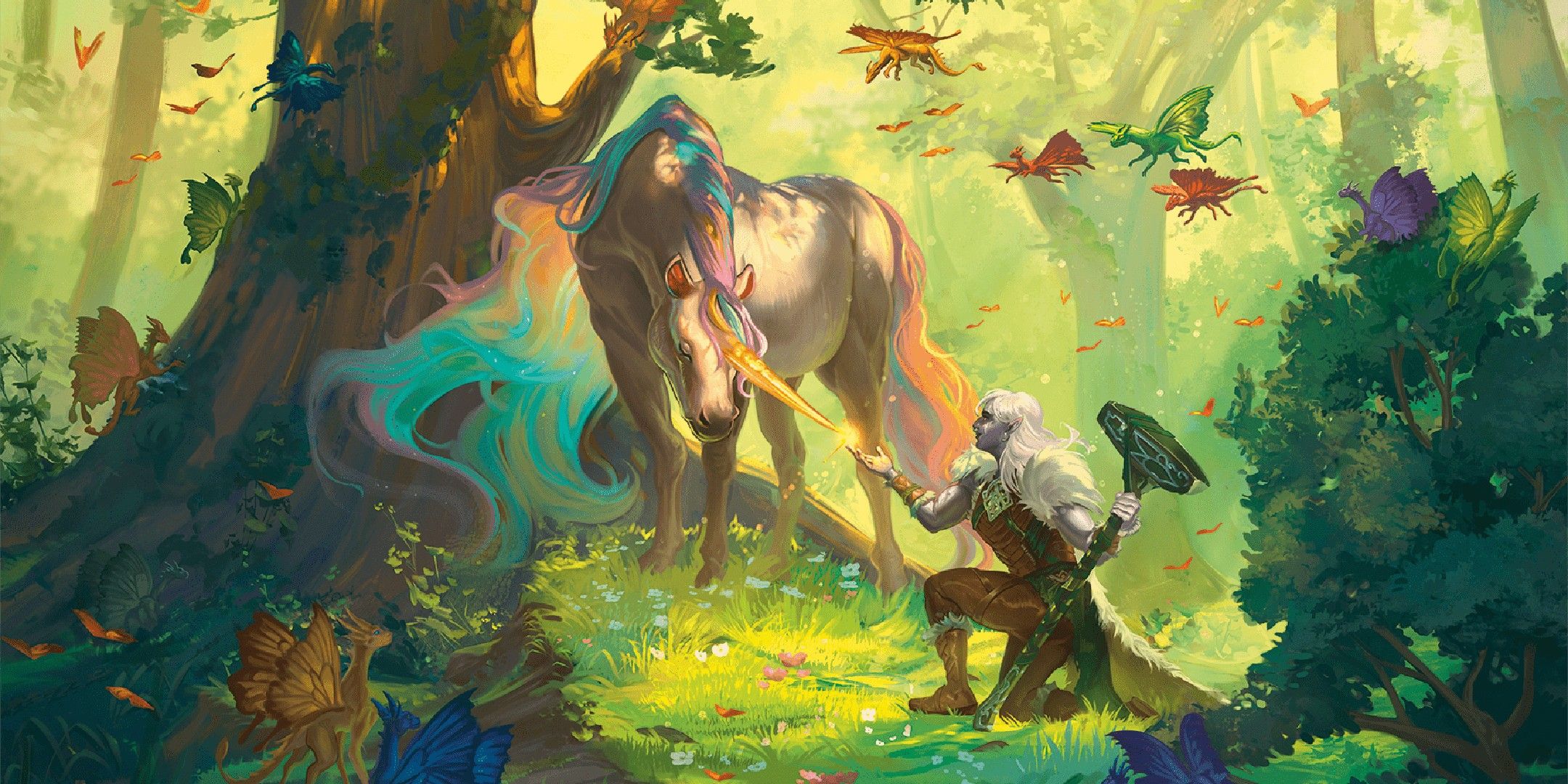
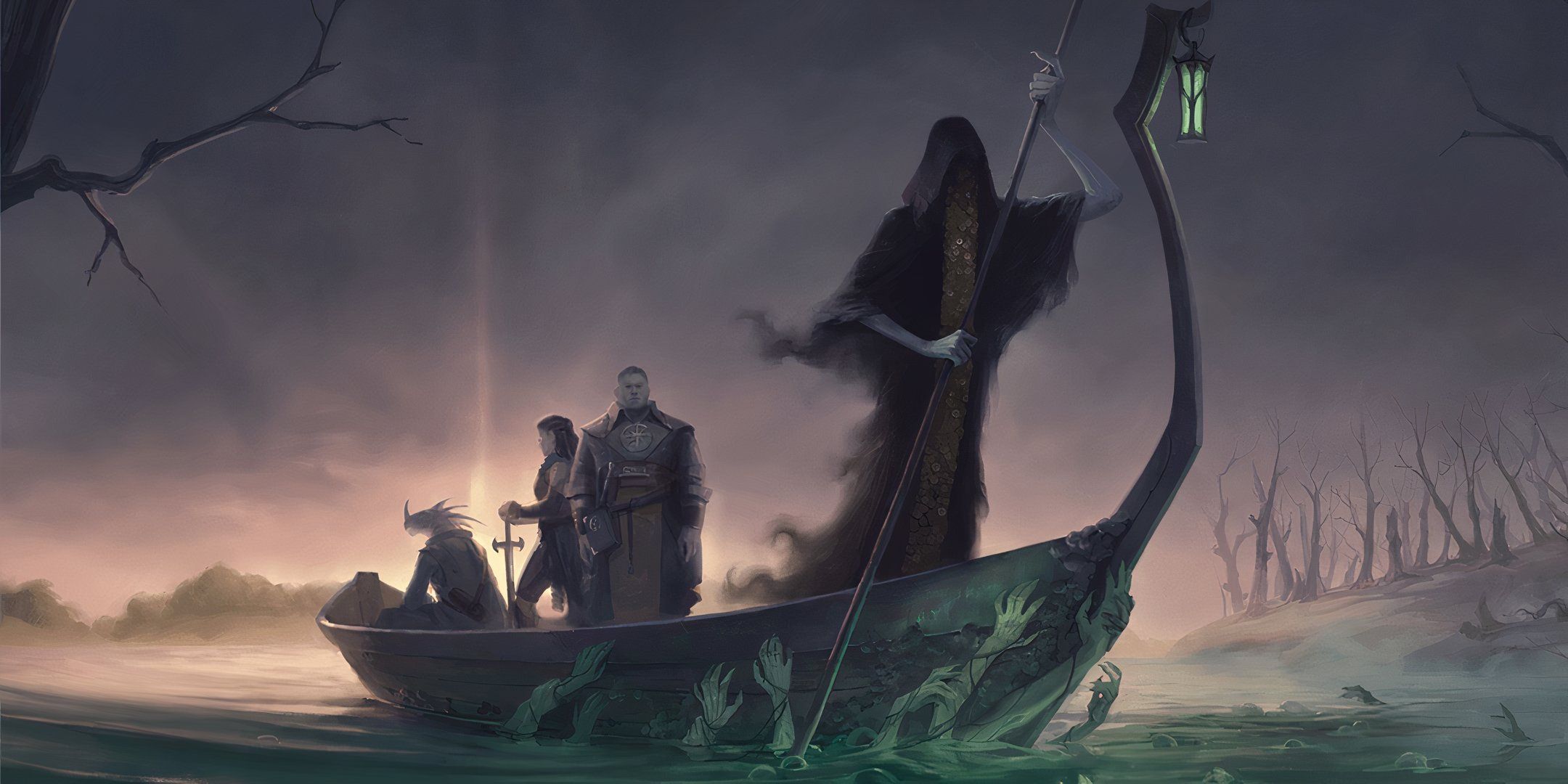

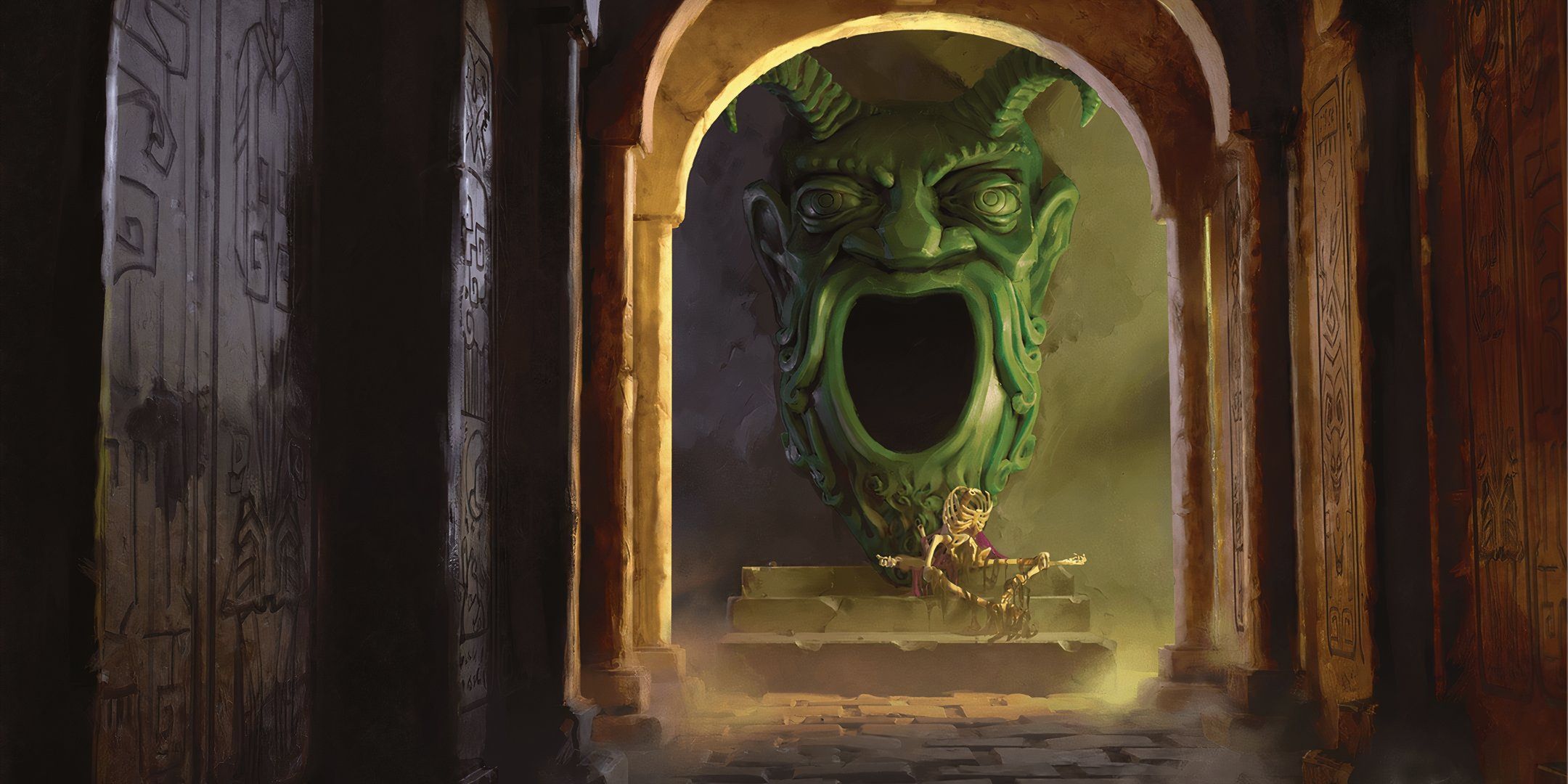


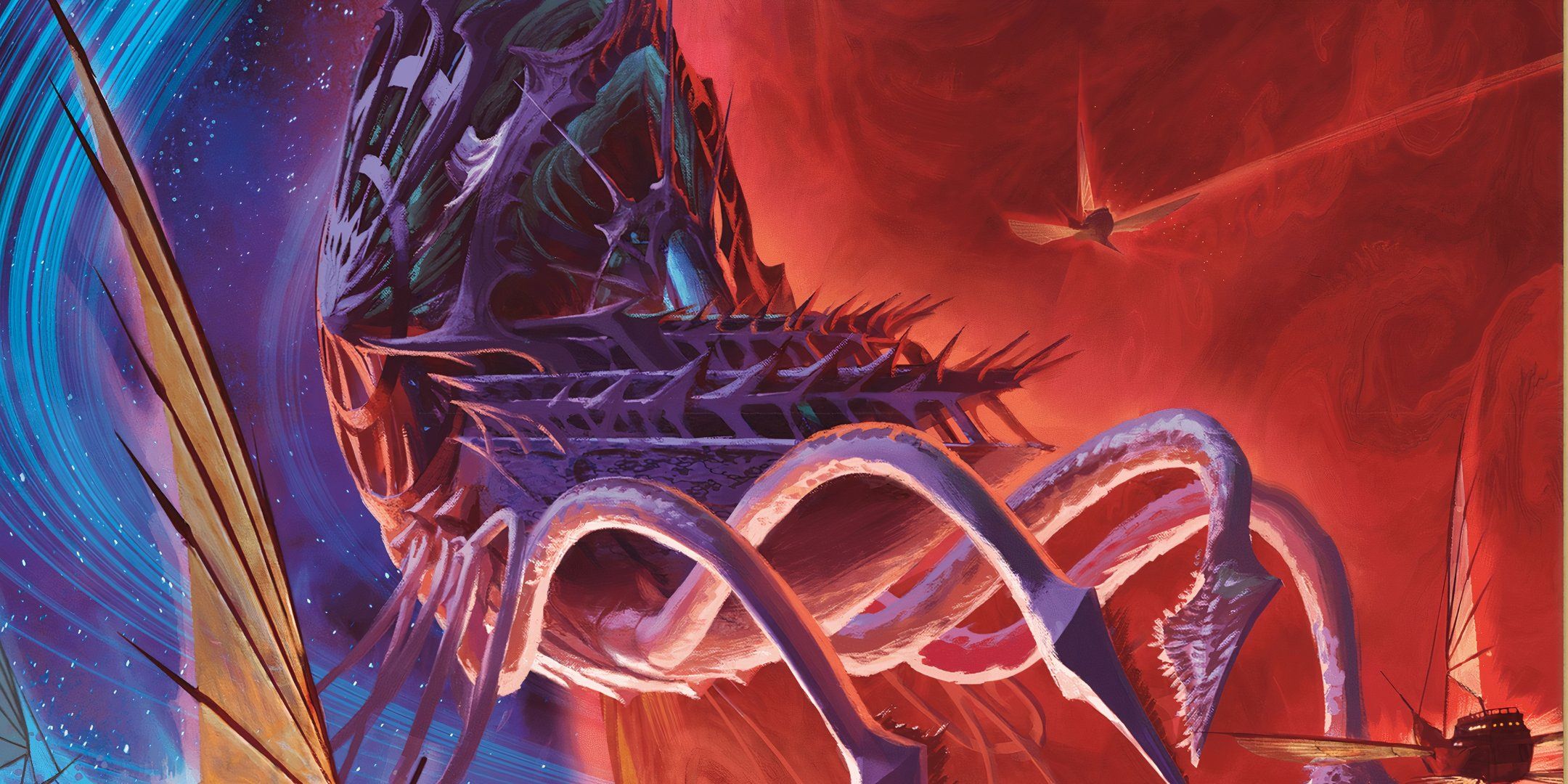
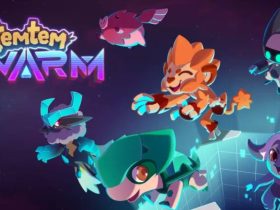



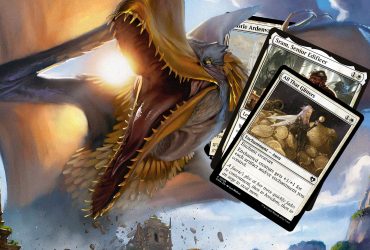
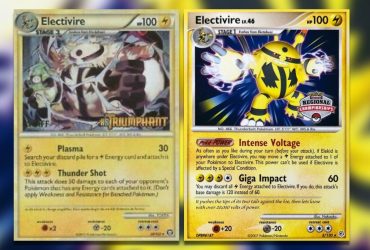
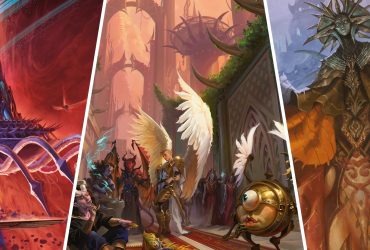
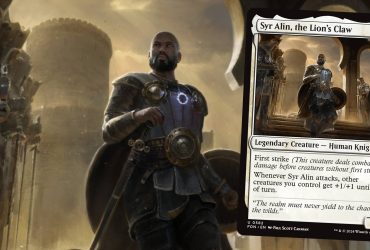
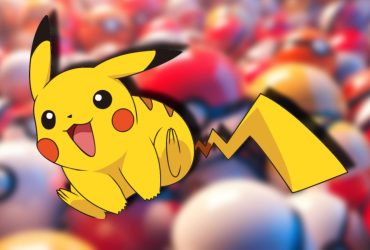
Leave a Reply